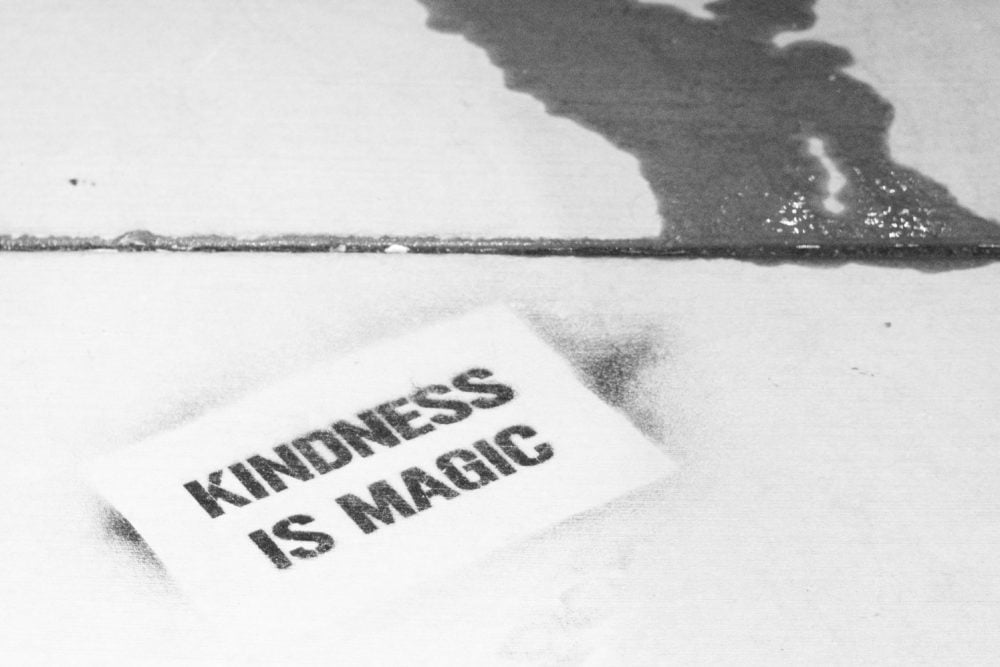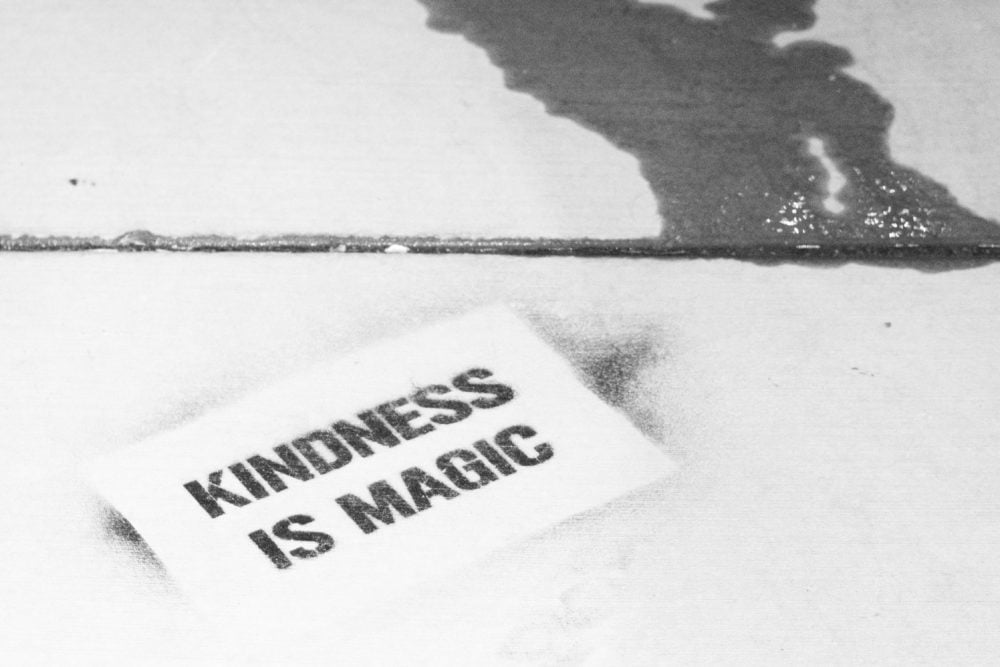
29 Sep The Dementia Effect
One of the best things about being a copywriter is that I get to meet many different people in a wide variety of industries, jobs and professions. I love to research those fields in order to write about them convincingly and the encounters are often highly informative.
A few weeks ago I met a woman who told me she is a Dementia Friend and that that could allow her business to benefit the local community. I was instantly spurred on to find out more. My fantastic father had recently been diagnosed with early-stage dementia and I was on a mission to educate myself more about the condition and specifically how it would affect my dad and, of course, my mum.
I investigated how to become a Dementia Friend. All I had to do was go to a local one-hour session with a Dementia Friend volunteer. It is really that simple. So, I booked myself onto the next session – free of charge – and duly turned up at the appointed time. I met a wonderful woman, Chris P, who, in less than 60 minutes, managed to educate, enlighten and inspire me.
I won’t pretend it was easy listening. The ever-increasing growth of dementia diagnoses means it is a condition with which we are all familiar. But I was shocked to learn there are now more than 850,000 people in the UK with dementia of whom 39% are men and 61% are women – it is the leading cause of death among women in the UK. And there are over 100 different types of dementia of which Alzheimer’s is one. Throughout Chris’s talk, I couldn’t help but connect everything she said back to my dad. I couldn’t bear the thought of my dad, the man I most admire and respect and who is always there for me, being unable to control, or even have knowledge of, what might happen to him.

Dementia to me isn’t just about memory deterioration but confusion and frustration. Confusion as to why everyday tasks become so difficult, frustration at not being able to carry out those tasks – and the confusion and frustration of those who encounter dementia sufferers. Imagining strangers getting cross with my dad for fumbling for money in a shop, or not instantly comprehending instructions he’s given – selfishly, that really upsets me. But how will it actually feel for Dad? Will he be aware? And how will Mum adapt to these changes that may start affecting her husband of more than 50 years?
One of the many things I took from my session with Chris is that we have a duty of care to help anyone we see who may need assistance. If you know that someone in your community has dementia, keep an eye out for them and offer friendly help. You would want the same for your parents. Or husband or wife. Take the time to be patient – I’m as guilty as the next person for huffing if I’m delayed for a minute or two. And look in to becoming a Dementia Friend. Possessing that little bit of knowledge and insight is incredibly empowering whilst also having a salutary effect.
I know that my family and I are lucky. I’ve got two wonderful parents who live nearby, enjoy a great life in their lovely home and are kind, generous people. Dad is still Dad and we hope his early diagnosis means his dementia plateaus. But whatever happens, he always will be Dad.




